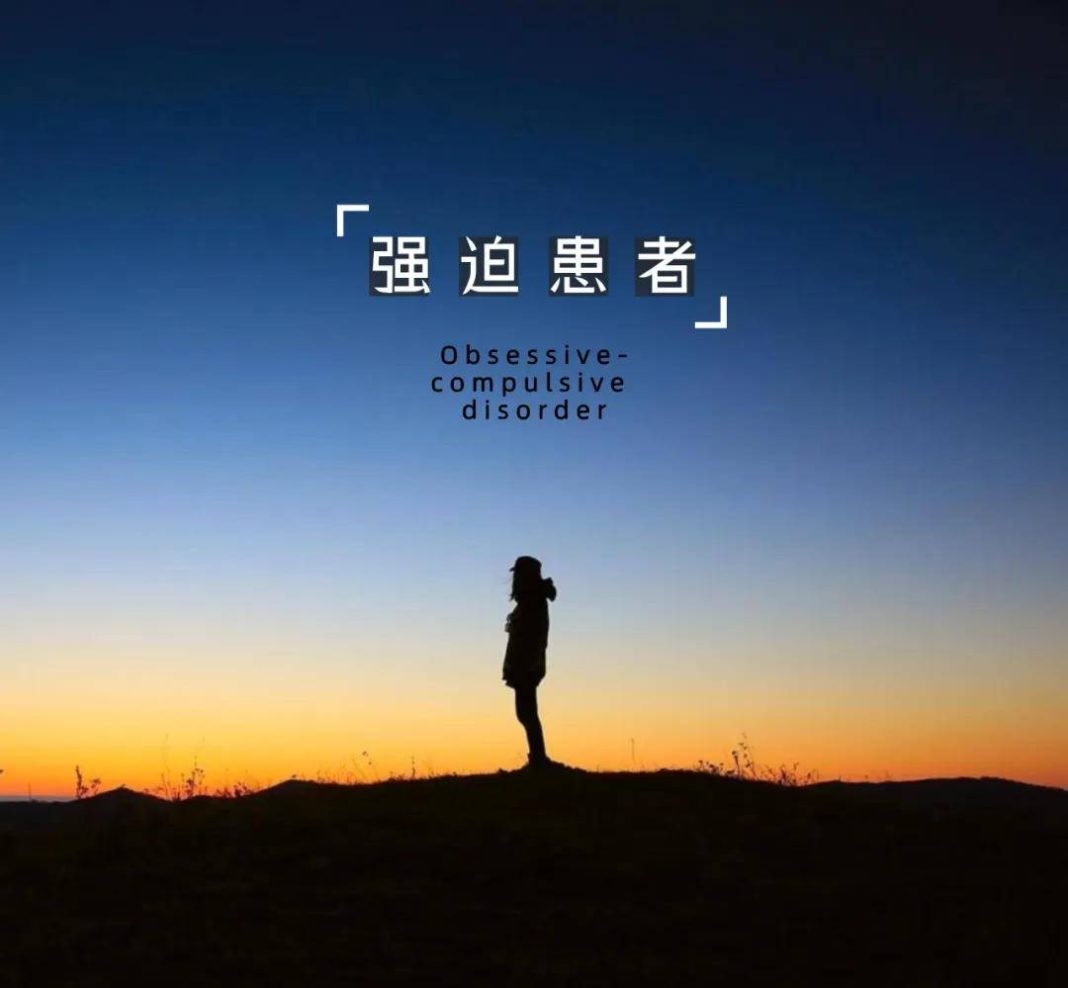I am particularly clean; I mop the floor every day, and everything must be neatly arranged;
Before going out, I must double-check that I have everything;
After locking the door, I also have to go back and check if the water and electricity are off;
…
In fact, these daily habits, which many people jokingly refer to as “obsessive-compulsive disorder,” mostly belong to compulsive phenomena and are not equivalent to the mental illness known as obsessive-compulsive disorder. True patients with obsessive-compulsive disorder experience great suffering; repetitive behaviors and the accompanying pain and anxiety are their psychological norm.
It is a complex and deep-seated psychological disorder that relates to an individual’s extreme craving for order and a sense of control, leading to uncontrollable repetitive behaviors or thoughts.
What is obsessive-compulsive disorder
Obsessive-compulsive disorder (OCD) is a relatively common mental disorder characterized by repeated intense anxiety, fear, and discomfort, accompanied by uncontrollable compulsive behaviors or intrusive thoughts, including compulsive associations, compulsive recollections, compulsive doubts, compulsive overthinking, and compulsive oppositional thinking (which can occur simultaneously).
These compulsive behaviors or thoughts may occupy a significant amount of the patient’s time, and in most cases, they are not related to the actual environment or real situation they find themselves in. The World Health Organization has listed it as one of the top ten mental illnesses affecting human social functioning.
According to statistics, the lifetime prevalence of OCD is 2.40%, with approximately 150 million people affected worldwide. It is one of the twenty most severely disabling diseases, often referred to as the “cancer” of mental illness.
The pain only understood by OCD patients
In this world woven by obsessive-compulsive disorder, every day may be a challenge to one’s limits. They are like invisible shackles, binding every spirit that longs for freedom.
01
Intense anxiety and fear
The uniqueness of obsessive thoughts lies in the fact that they do not trigger simple anxiety or fear, but rather a deep-seated worry woven from extreme uncertainty based on “what if.” Consider that even a trivial skin blemish can trigger a whirlpool of fear over potential bacterial invasion.
Internal mental conflict, extreme physical and emotional exhaustion
02
Deep within the minds of OCD patients, an endless tug-of-war is played out: on one side is the relentless drive of compulsive thoughts urging them to take extreme measures to avoid imagined disasters; on the other side is the faint voice of rationality and self-control attempting to halt these futile behaviors. The intensity of this internal conflict is beyond common imagination and is one reason for their physical and mental exhaustion.
03
Despair of helplessness
For those trapped in the quagmire of obsessive-compulsive disorder, the endless cycles of compulsive thoughts and behaviors are as difficult to escape as a ghost.
A Zhihu user, Feng Xiangbiao, described it this way:
“Clearly knowing that it is meaningless yet endlessly checking until interrupted by external forces or physical exhaustion for a temporary rest, once the opportunity arises again or the mental state recovers, it returns. It will inevitably come back, and it may fade, but there will always be something new to trouble you.”
04
Dual loss of time and self-worth
Every day, OCD patients have to pour valuable time into these seemingly meaningless and ineffective compulsive behaviors, ranging from at least an hour to several times that. This waste of time not only deprives them of the chance to pursue more meaningful activities but also plants a seed of resentment in their hearts.


